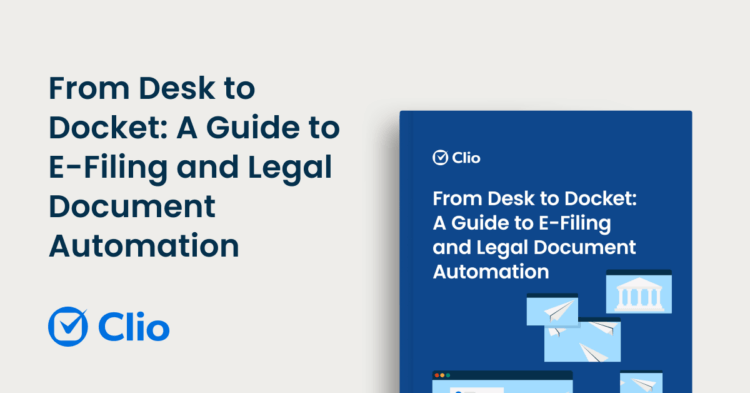District and County Courts by State
Explore court info and e-filing rules for district and county courts across the U.S., state-by-state.
Court of Appeals
At appellate courts the procedures used and decisions made in lower courts are reviewed to ensure that the the law was applied correctly and that the proceedings were fair.
-
First Circuit
Boston, MassachusettsHas appellate jurisdiction over these district courts: Maine, Massachusetts, New Hampshire, Puerto Rico, and Rhode Island
-
Second Circuit
New york city, New yorkHas appellate jurisdiction over these district courts: Connecticut, New York, and Vermont
-
Third Circuit
Philadelphia, PennsylvaniaHas appellate jurisdiction over these district courts: Delaware, New Jersey Pennsylvania, and the Virgin Islands
-
Fourth Circuit
Richmond, virginiaHas appellate jurisdiction over these district courts: Maryland, North Carolina, South Carolina, Virginia, and West Virginia
-
Fifth Circuit
New Orleans, LouisianaHas appellate jurisdiction over these district courts: Louisiana, Mississippi, and Texas
-
Sixth Circuit
Cincinnati, ohioHas appellate jurisdiction over these district courts: Kentucky, Michigan, Ohio, and Tennessee
-
Seventh Circuit
Chicago, IllinoisHas appellate jurisdiction over these district courts: Illinois, Indiana, and Wisconsin
-
Eighth Circuit
st. louis, MissouriHas appellate jurisdiction over these district courts: Arkansas, Iowa, Minnesota, Missouri, Nebraska, and South Dakota
-
Ninth Circuit
San Francisco, CaliforniaHas appellate jurisdiction over these district courts: Alaska, Arizona, California, Guam, Hawaii, Idaho, Montana, Nevada, Northern Mariana Islands, Oregon, and Washington
-
Tenth Circuit
Denver, ColoradoHas appellate jurisdiction over these district courts: Colorado, Kansas, New Mexico, Oklahoma, Utah, and Wyoming
-
Eleventh Circuit
Atlanta, georgiaHas appellate jurisdiction over these district courts: Alabama, Florida, and Georgia
-
District of Columbia Circuit
Washington, d.c.Has appellate jurisdiction over these district courts: Columbia
-
Federal Circuit
Washington, d.c.Has appellate jurisdiction over these district courts: International trade, government contracts, patents, trademarks, certain monetary claims against the United States government, federal personnel, veterans benefits, and public safety officers’ benefit claims
-

The Supreme Court of the United States
washington, d.c.
The Supreme Court of the United States (SCOTUS) is the highest court in the country. It plays an essential role as part of the judicial branch of the U.S. government.
FAQ
What are local court rules?
Local court rules are specific regulations set by individual courts governing legal proceedings within their jurisdiction. They cover filing and e-filing requirements, deadlines, courtroom conduct, and other procedures to ensure fair and efficient case resolution.
How do you court documents online?
Courting documents online involves registering and uploading legal paperwork onto a court’s electronic filing system, or a third-party platform authorized by the court, ensuring compliance with formatting and case details. After payment of any necessary fees, the documents are submitted, and if required, copies are served to other parties.
Procedures may vary by court and jurisdiction, so checking the court’s website or clerk’s office for guidance is essential.
What is the maximum size of a document for e-filing?
The maximum size of a document for e-filing with the courts can vary depending on the specific rules of each court’s electronic filing system. Generally, courts have file size limits in place to ensure efficient processing of documents. These limits can range from 10 megabytes to 250 megabytes per document.
It’s essential to check the requirements of the particular court or electronic filing system where you plan to submit documents to determine the maximum allowable PDF file size.
More Resources
-

Make E-filing Easy With Clio File
File, serve, and deliver court documents directly from Clio’s industry-leading legal practice management system.
Learn more




